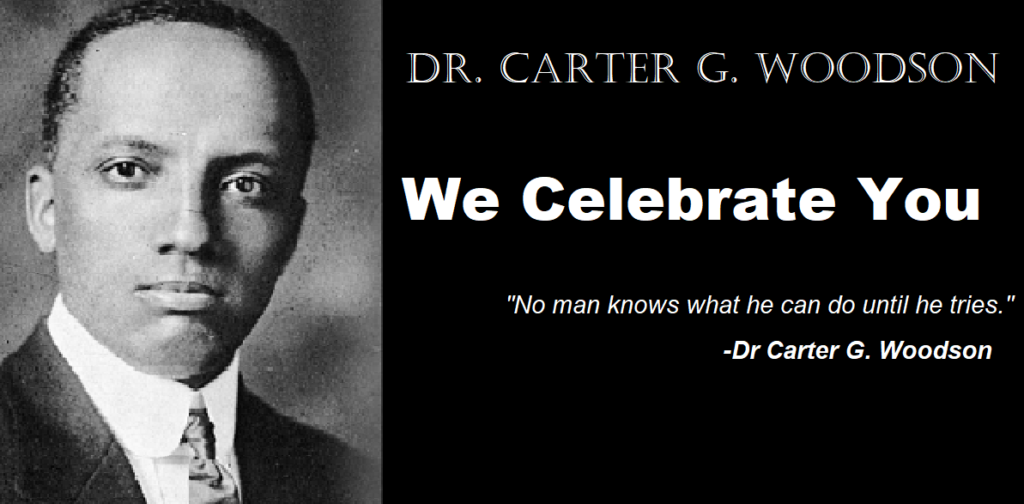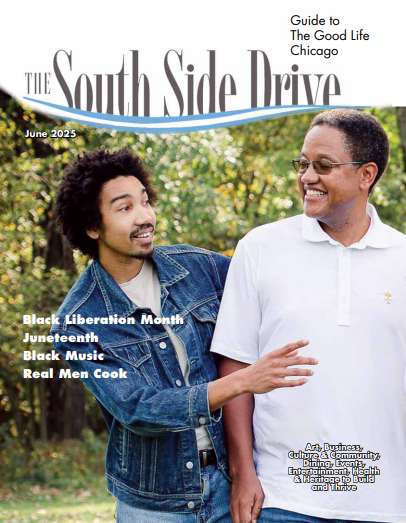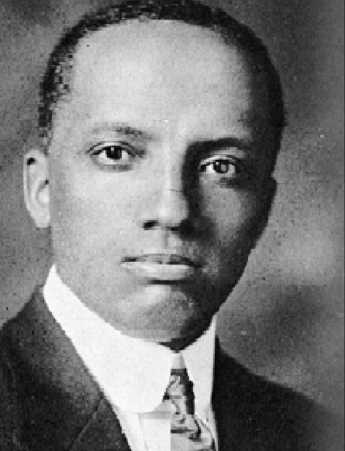
By Walter M. Perkins
A few years ago I realized that there were a number of essential “classics” by Black authors that for whatever reason, I had failed to read.
“The Mis-Education of The Negro,” was at the top of the list. I immediately bought a copy and read it. In one day. Published in 1933, it continues to offer insights into the multiple dilemmas that we continue to navigate. It also allows the reader to experience and appreciate Woodson’s awesome intellect and dedication to Black people.
Unfortunately, many of the issues discussed in “Mis-Education” still exist.
I have long believed that the answers to our major problems can only be fixed by us. Carter G. Woodson realized this about a century ago.
He was born in Virginia in 1875 to parents who were, of course, ex-slaves. Earned his high school diploma in 1895, at the age of 20. Completed undergraduate work at Berea College in Kentucky, before earning two more degrees at the University of Chicago.
Impressive? Yes. But he was just getting started. He was teaching high school when he was later accepted into Harvard’s doctoral program, earning a Ph.D. in history in 1912. Although he was the second Black to earn a doctorate from Harvard, no college or university would hire him. So he kept his high school gig.
Now that’s some high class discrimination. It’s not like there was an overflow of Black Ph.D. holders from Harvard. In fact, at the time there was Woodson and W.E.B. DuBois, who earned his in 1895.
An extraordinary historical figure in so many respects, Woodson December 19, 1875 to April 3, 1950, lived to the age of 74. Even now in the 21st century the life expectancy for Black males is only about 75 years old. And that’s in the best of circumstances. So for a Black man to live that long back then was extraordinary.
And just what did he do with that life? Here is a shortlist of accomplishments.
• 1915 – Founded Association for the Study of Negro Life & History
• 1916 – Founded Journal of Negro History
• 1921 – Authored History of The Negro Church
• 1926 – Founded Negro History Week (Became Negro History Month 1976)
• 1933 – Authored Miseducation of The Negro
We often criticize the fact that Black History Month is celebrated in February, the shortest month with 28 days and 29 days every four years (Leap Year). The fact is that Dr. Carter G. Woodson chose February because it was the birthday of two men whom he admired, Frederick Douglass and Abraham Lincoln.
And the reality is that if we choose to, we can celebrate Black History every single day of the year. If we choose to.
Although, in my opinion, Woodson hasn’t been adequately celebrated, his enormous contribution to • 1926 – Received NAACP Springarn Medal
• 1974 – Carter G. Woodson Book Award established
• 1984 – Honored with a 20 cent stamp by U.S. Postal Service
• 2002 – Cited by Scholar Molefi Kete Asante’s list of 100 Greatest African-Americans
And there have been other honors. His former home in Washington, D.C. has been maintained and recognized as a National Historic Site.
He also spent some time at the Wabash YMCA in Bronzeville on visits to Chicago. The Carter G. Woodson Regional Library, Carter G. Woodson Middle School and the Carter G. Woodson Library in Malcolm X College are additional testaments to his importance to our community. There are other buildings bearing his name in at least 13 other states. Schools, Museums, institutes and parks all bear his name.
I could go on, but the best insight into this towering historical figure are in his own words.
“When you control a man’s thinking you do not have to worry about his actions.”
“Old men talk of what they have done, young men of what they are doing, and fools of what they expect to do.”
“The mere imparting of information is not education.”
“In the long run, there is not much discrimination against superior talent.”
“The case of the Negro is well taken care of when it is shown how he has far influenced the development of civilization.”
“Education means to inspire people to live more abundantly, to learn to begin with life as they find it and make it better.”
“If the Negro in the ghetto must eternally be fed by the hand that pushes him into the ghetto, he will never become strong enough to get out of the ghetto.”
“If you teach the Negro that he has accomplished as much good as any other race, he will aspire to equality and justice without regard to race.”
“The real servant of the people must live among them, think with them, feel for them and die for them.”
“The race needs workers, not leaders.”
Powerful, powerful, powerful…But I think this is my favorite.
“The large majority of the Negroes who have put on the finishing touches of our best colleges are all but worthless in the development of their people.”
Hey Stevie, we could use another national holiday!
Walter M. Perkins Editor of South Side Drive, is a Chicago-based journalist and author.






